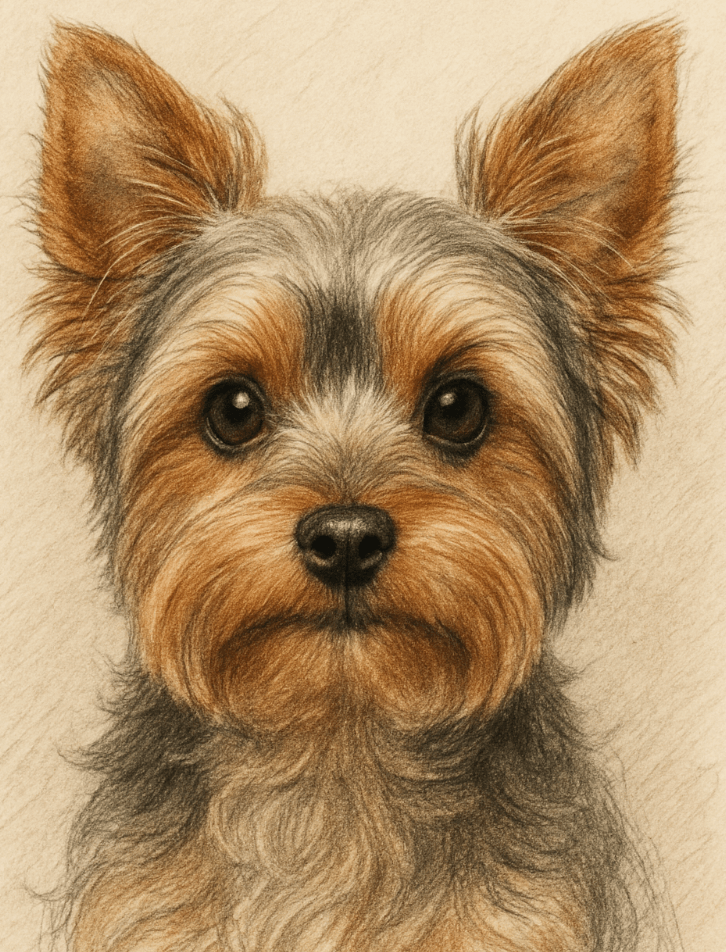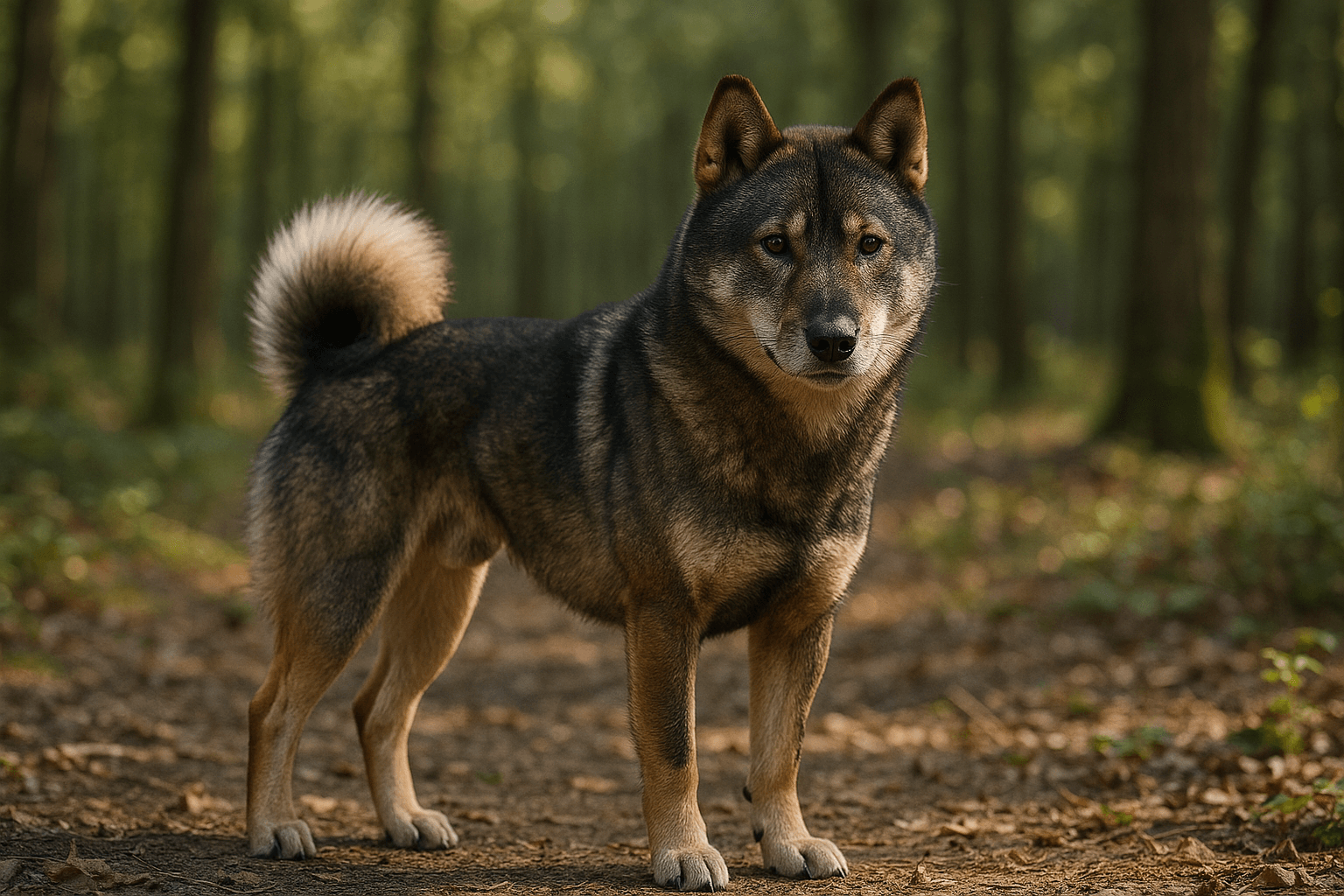Yorkie Weight: Understanding the Ideal Size for Your Yorkshire Terrier
The Yorkshire Terrier, affectionately known as the Yorkie, is a beloved small breed cherished for its big personality and adorable size. However, maintaining a healthy weight is crucial for ensuring your Yorkie lives a long, happy, and active life. While their tiny stature makes them perfect companions for apartments and cozy homes, fluctuations in their weight can signal underlying health issues or improper care. Understanding the factors that influence Yorkie weight, from genetics to diet and exercise, is essential for every owner. In this blog post, we’ll explore everything you need to know about Yorkie weight, including ideal ranges, tips for maintaining a healthy weight, and how to address potential concerns.
Factors That Influence Yorkie Weight
Several factors contribute to a Yorkshire Terrier’s weight, and understanding these influences can help you better manage their overall health. Here are some key considerations:
Genetics:
A Yorkie’s genetic makeup plays a significant role in determining their size and weight. Some Yorkies may naturally be slightly smaller or larger than the breed standard.Age:
Puppies grow rapidly during their first year, while senior Yorkies may experience weight changes due to slower metabolism or age-related health conditions.Diet and Nutrition:
The quality and quantity of food directly impact a Yorkie’s weight. Overfeeding or feeding low-quality food can lead to obesity, while underfeeding can cause malnutrition.Activity Level:
Yorkies are energetic dogs, but insufficient exercise can lead to weight gain. Conversely, overexertion in extreme temperatures may affect their appetite and energy balance.Health Conditions:
Certain illnesses, such as hypothyroidism or diabetes, can cause weight fluctuations. Regular vet check-ups are essential to monitor their health.
By addressing these factors, you can ensure your Yorkie maintains a healthy weight throughout their life.
Ideal Weight Range for Yorkshire Terriers
Understanding the ideal weight range for a Yorkie is critical for monitoring their health and well-being. Here’s what you need to know about their expected weight at different life stages:
Puppy Stage (0-12 Months):
Yorkie puppies typically weigh between 1-3 pounds during their first few months, gradually reaching their adult weight by 12 months.Adult Stage (1-7 Years):
Adult Yorkies usually weigh between 4-7 pounds, with males often being slightly heavier than females.Senior Stage (8+ Years):
Older Yorkies may lose muscle mass or gain weight due to decreased activity levels, requiring careful dietary adjustments.Teacup Yorkies:
Teacup Yorkies, though not officially recognized, often weigh less than 4 pounds, but they are more prone to health issues.Overweight Yorkies:
A Yorkie weighing more than 8 pounds is considered overweight, which can lead to joint problems, diabetes, and other health risks.
Maintaining a healthy weight within these ranges ensures your Yorkie enjoys a high quality of life.
Check this guide 👉Frenchie Yorkie Mix: Best 7 Expert Tips!
Check this guide 👉Silky Yorkie: Best 7 Expert Tips!
Check this guide 👉Yorkie Pitbull Mix: Best 7 Expert Tips!

Tips for Maintaining Healthy Yorkie Weight | Signs Your Yorkie May Be Overweight |
|---|---|
Feed portion-controlled meals twice daily | Excessive fat around the ribs and waist |
Provide regular exercise through playtime | Difficulty walking or climbing stairs |
Avoid overfeeding treats and table scraps | Labored breathing or panting |
Schedule annual vet check-ups | Loss of visible waistline |
Monitor weight monthly using a pet scale | Reduced energy levels |
How to Help Your Yorkie Lose Weight Safely
If your Yorkie is overweight, it’s important to take steps to help them shed those extra pounds safely and effectively. Follow these guidelines to support their journey to a healthier weight:
Consult Your Veterinarian:
Before making any changes, consult your vet to rule out underlying health issues and create a tailored weight-loss plan.Adjust Their Diet:
Switch to a high-quality, low-calorie dog food and measure portions carefully to avoid overfeeding.Limit Treats:
Replace high-calorie treats with healthier alternatives like baby carrots or green beans, and limit them to 10% of their daily calories.Increase Physical Activity:
Incorporate short, frequent walks and interactive play sessions to boost their metabolism without overexertion.Track Progress:
Weigh your Yorkie weekly using a pet scale and adjust their diet or exercise routine as needed based on their progress.
With patience and consistency, your Yorkie can achieve and maintain a healthy weight.
Common Mistakes to Avoid When Managing Yorkie Weight
Even well-meaning owners can make mistakes when it comes to managing their Yorkie’s weight. Avoiding these pitfalls ensures your furry friend stays healthy and happy.
Overestimating Portion Sizes:
Feeding even slightly more than recommended can lead to weight gain over time. Always use a measuring cup for accuracy.Ignoring Treat Calories:
Many owners overlook the caloric content of treats, which can quickly add up and contribute to weight gain.Skipping Vet Check-Ups:
Regular vet visits are crucial for monitoring your Yorkie’s weight and catching potential issues early.Overexerting During Exercise:
Yorkies are small and sensitive to extreme weather; pushing them too hard can harm their health rather than improve it.Failing to Address Underlying Health Issues:
Sudden weight changes may indicate an illness, so always investigate further with your vet.
Avoiding these mistakes helps ensure your Yorkie remains at a healthy weight.
Signs Your Yorkie Is at a Healthy Weight
Knowing whether your Yorkie is at a healthy weight involves observing specific physical and behavioral cues. These signs can help you assess their condition accurately.
Visible Waistline:
From above, your Yorkie should have a noticeable tapering at the waist just before the hind legs.Easily Palpable Ribs:
You should be able to feel your Yorkie’s ribs without pressing too hard, but they shouldn’t be visibly protruding.Active and Energetic:
A healthy Yorkie is lively, playful, and eager to engage in activities without showing signs of fatigue.Smooth Coat and Skin:
A shiny coat and clear skin indicate good nutrition and overall health.Consistent Energy Levels:
Your Yorkie should have steady energy throughout the day, neither sluggish nor overly hyperactive.
Recognizing these signs helps you confirm your Yorkie is thriving.
Best Foods for Maintaining a Healthy Yorkie Weight
Choosing the right food is crucial for keeping your Yorkie at a healthy weight. Here are some nutritious options to consider:
High-Quality Protein Sources:
Look for dog foods with real meat as the primary ingredient to support muscle maintenance.Low-Fat Formulas:
Opt for foods specifically designed for weight management, which are lower in fat and calories.Grain-Free Options:
Grain-free diets can be easier to digest and reduce the risk of allergies or sensitivities.Fresh Fruits and Vegetables:
Incorporate safe fruits and veggies like blueberries, carrots, or spinach as healthy snacks.Hydration-Promoting Foods:
Wet or canned food can help keep your Yorkie hydrated, especially if they’re picky drinkers.
Feeding a balanced diet supports your Yorkie’s weight and overall health.
Fun Ways to Keep Your Yorkie Active and Fit
Exercise is essential for keeping your Yorkie in shape and mentally stimulated. These fun activities will keep them engaged while burning off excess energy.
Indoor Treasure Hunts:
Hide treats or toys around the house for your Yorkie to find, encouraging both mental and physical activity.Short Walks Around the Block:
Even a 15-20 minute walk provides ample exercise without overexerting their tiny bodies.Interactive Toys:
Puzzle toys and treat-dispensing balls keep them entertained and active during downtime.Agility Play:
Set up a mini obstacle course with tunnels or hoops for a fun and challenging workout.Playdates with Other Dogs:
Socializing with other small dogs allows them to burn energy through play.
Incorporating these activities ensures your Yorkie stays fit, happy, and healthy.
Frequently Asked Questions About Yorkie Weight
What is the ideal weight for a full-grown Yorkie?
Most adult Yorkies weigh between 4-7 pounds, depending on their genetics and gender.
Can a Yorkie be too small?
Yes, teacup Yorkies often weigh less than 4 pounds but are more prone to health problems.
How can I tell if my Yorkie is overweight?
Look for excess fat around the ribs, a lack of visible waistline, and difficulty moving comfortably.
How much should I feed my Yorkie daily?
Typically, ½ to ¾ cup of high-quality dog food divided into two meals per day is sufficient.
Why is my Yorkie losing weight suddenly?
Sudden weight loss could indicate dental issues, parasites, or other health problems—consult your vet immediately.
Prioritizing Your Yorkie’s Health Through Proper Weight Management
Maintaining a healthy weight is one of the most important things you can do for your Yorkshire Terrier’s overall well-being. By understanding their ideal weight range, providing proper nutrition and exercise, and staying vigilant about potential health issues, you can ensure your Yorkie thrives for years to come. Remember, a happy Yorkie is a healthy Yorkie, and their playful spirit and loving nature will reward you every step of the way. With the right care and attention, your pint-sized companion will continue to bring joy to your life while staying fit and fabulous.
Spleen Cancer in Cats: Best 7 Expert Tips! – Expert insights on symptoms, care, treatment & quality of life for feline spleen cancer.
Dog Mastitis Treatment: Best 7 Expert Tips! – Safe, vet-approved care for nursing moms & prevention strategies.
The Shikoku Ken Dog: Best 7 Expert Tips! – Discover expert care, training & health advice for this rare, loyal Japanese mountain breed.
The Cairn Terrier Dog Breed: Best 7 Expert Tips! – Discover care, training & health advice for this spirited, loyal Scottish terrier.




